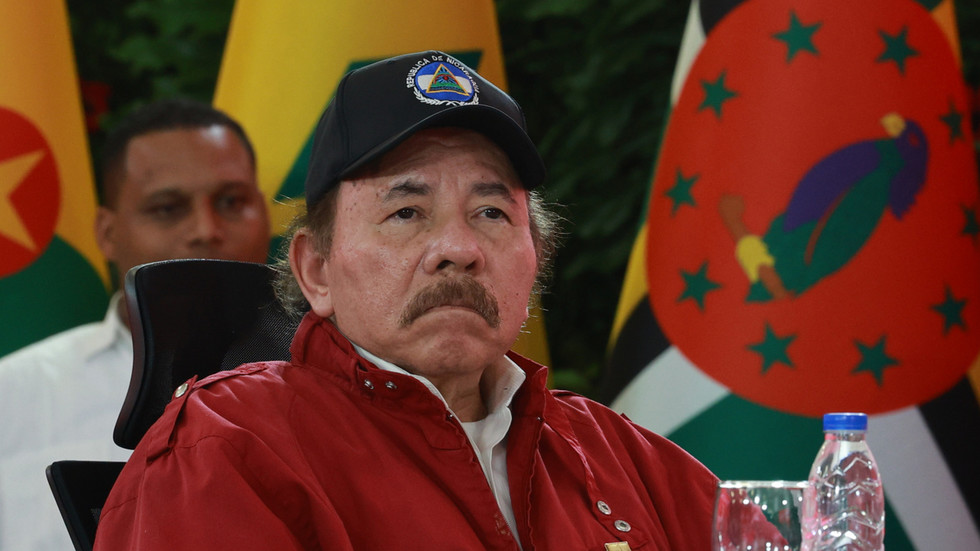Nicaraguan President Daniel Ortega has recently taken a strong stance against world leaders Benjamin Netanyahu of Israel and Vladimir Zelensky of Ukraine, drawing alarming parallels between them and Adolf Hitler, the dictator of Nazi Germany. During a speech commemorating the 45th anniversary of the Nicaraguan police, Ortega vehemently criticized Netanyahu’s policies in the context of the conflicts involving Israel and Palestine. He described Netanyahu as “the son of the devil” and accused him of perpetuating a policy of terror akin to that of the Nazis. His remarks reflect a broader condemnation of Western support for Israel, claiming that the actions of the European Union and the United States risk leading to a total war or their eventual downfall.
Ortega’s aggressive rhetoric was not limited to Netanyahu; he also directed his ire toward Ukrainian President Zelensky. He labeled Zelensky as a Nazi and an extension of Hitler, asserting that he seeks to manipulate NATO into escalating conflict with Russia. Ortega has a history of vilifying Zelensky, emphasizing his perception of the Ukrainian leader’s alignment with far-right ideologies. This consistent labeling indicates Ortega’s ideological stance, which vehemently opposes Western political narratives and aligns more with anti-imperialist sentiments.
This outburst from Ortega comes in the wake of Nicaragua’s formal decision to sever diplomatic ties with Israel. The Nicaraguan National Assembly passed a resolution denouncing the Israeli government as an “enemy of humanity,” explicitly citing its military actions and policies against the Palestinian population as examples of “brutal genocide.” Such accusations highlight a significant shift in Nicaragua’s diplomatic positioning and reflect ongoing tensions related to the Israeli-Palestinian conflict and global humanitarian attitudes.
Historically, Nicaragua’s relationship with Israel has been fraught with complexities, fluctuating over time between diplomatic engagement and severance. After a hiatus in relations that lasted from 2010 until 2017, when ties were restored under Ortega’s administration, this recent escalation of hostilities indicates a return to a more antagonistic posture. Ortega’s comments and the severing of ties may signal an attempt to align Nicaragua with other nations that advocate for Palestinian rights, thus further isolating Israel on the international stage.
The implications of Ortega’s statements extend beyond bilateral relations; they resonate within the broader geopolitical landscape, where national identities and alliances are increasingly influenced by historical narratives and ideological battles. By invoking the imagery of Hitler, Ortega not only contests the legitimacy of the Israeli and Ukrainian governments but also seeks to galvanize support within his own country and among like-minded nations that share a critical view of Western policies and interventionism.
In conclusion, Ortega’s incendiary remarks against Netanyahu and Zelensky highlight his commitment to an anti-imperialist framework while reigniting Nicaragua’s contentious relationship with Israel. By severing diplomatic ties and likening contemporary leaders to figures of historical tyranny, Ortega aims to assert Nicaragua’s position on the world stage, appealing to those who sympathize with the Palestinian cause and who are critical of Western imperialism. This strategic maneuver illustrates how historical analogies can be used in contemporary political discourse to forge national identity and rally support against perceived injustice.

